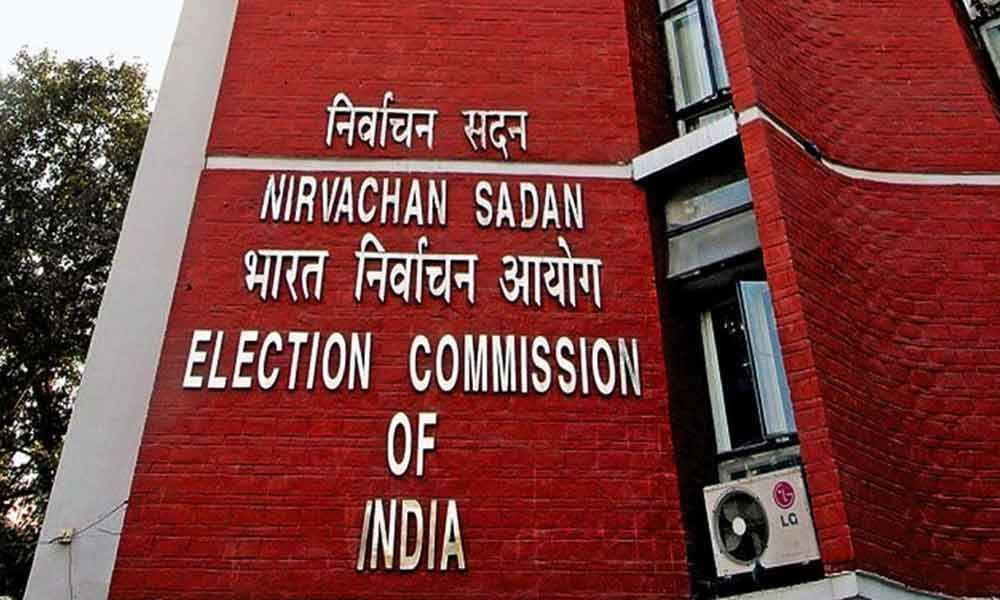The 2019 general elections held between April and May 2019 were hit by an array of controversies. One of them were lesser-known instances of fake or false news on social media doing the rounds at that time.
In a surprising revelation, during the recent Lok Sabha and Legislative Assemblies elections in four states, the Election Commission (EC) of India found 154 instances of fake news or misinformation on social media platforms.
Union Minister of Law, Communications and Information technology Ravi Shankar Prasad informed this in the Lok Sabha recently.
“The (Election) Commission had received a majority of such cases as complaints from social media nodal officers appointed at Media Certification and Monitoring Committee (MCMC) at the Office of the Chief Electoral Officer,” the minister said.
The commission, in pursuance of ‘voluntary code of ethics’, had directed several social media platforms to remove content that spread such news.
According to the data released on “cases where social media team of the commission had suo-moto reported cases to social media platforms,” 46 cases came from Facebook, 97 from Twitter and 11 from YouTube.
This was a response to a query from FransciscoSardinha, Lok Sabha MP from South Goa. Sardinha had sought details on the list of complaints against fake news that the Election Commission had received during the elections.
Notably, most of these cases are solely restricted to issues around the security, transporting and transparency of electoral voting machines (EVM), the indelible ink used during voting and of fake news around the voter rolls.
The Internet and Mobile Association of India (IAMAI), along with Facebook, Google, WhatsApp, Twitter, TikTok and BigoTV, presented the code to the Election Commission on 20 March to prevent abuse of their platforms during the elections.
In its press conference announcing the elections to the Lok Sabha on March 10, the EC had included social media under its Model Code of Conduct. The measures included pre-certifying social media handles and political verification processes being in place by Facebook and Google among other measures.
These guidelines were put in place to make social media more transparent ahead of the polls.





